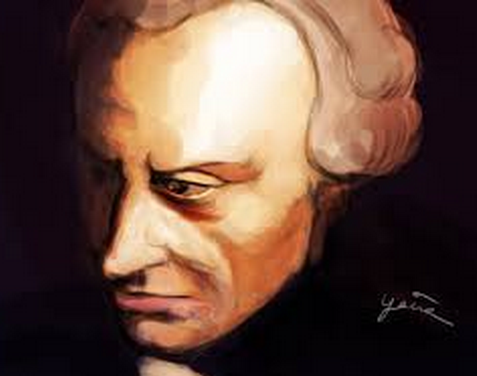Kant’s view on the origin and importance of moral knowledge
Kant laid the foundations in Critique of Pure Reason (1781) about moral of knowledge. It stated about the moral of knowledge as one of the two things that filled his mind with new and increasing admiration, apart from the starry heaven above him. Kant tried to show that both the laws of nature and morality are grounded in human reason. He is often thought to have define, nature and freedom, the realm of what is and that of what ought to be.
The Basis of Moral Knowledge
- The mission of moral philosophy is to determine how we are able to arrive at principles of behavior that are binding upon all people.
- Kant did not believe that induction was a suitable method for determining these principles since that would simply tell the people do behave not how they ought to behave.
- For Kant the moral judgment, “we ought to tell the truth” is arrived at in the same way as the scientific statement, “every effect has a cause.”
- These judgments are derived from reason not experience. According to him, theoretical reasoning brings the category of causality whereas, practical reason brings the “ought to be”.
- He states that in science and in moral philosophy the concepts should go beyond any particular facts like science, practical reason employs a priori judgments.
- The basis of obligation must not be sought in human nature or in the circumstances of the world but a justified argument in the concepts of reason.


